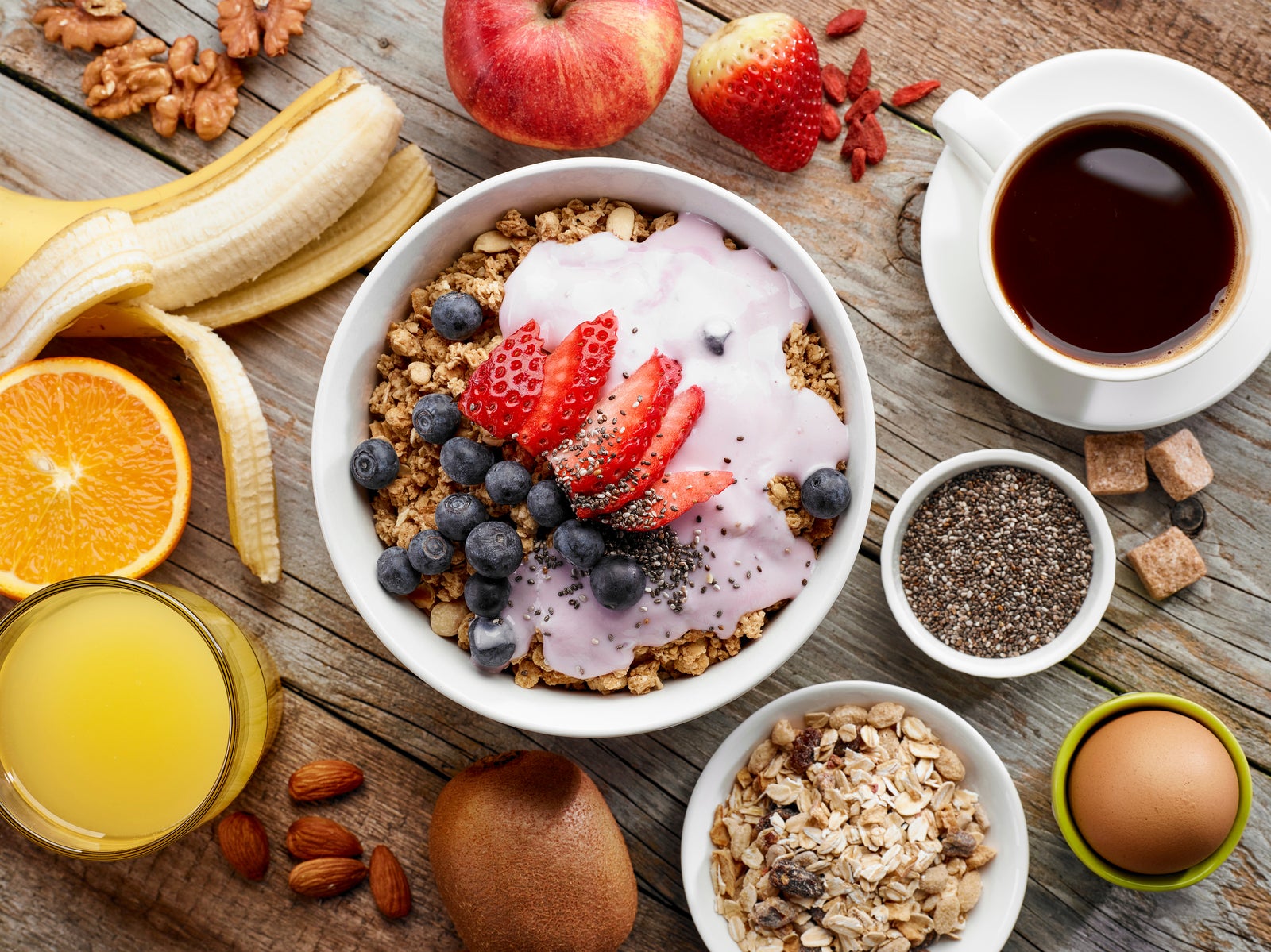Clean Eating: Six warning signs that your health kick is an eating disorder
If your food regime is making you stressed, stop

Your support helps us to tell the story
From reproductive rights to climate change to Big Tech, The Independent is on the ground when the story is developing. Whether it's investigating the financials of Elon Musk's pro-Trump PAC or producing our latest documentary, 'The A Word', which shines a light on the American women fighting for reproductive rights, we know how important it is to parse out the facts from the messaging.
At such a critical moment in US history, we need reporters on the ground. Your donation allows us to keep sending journalists to speak to both sides of the story.
The Independent is trusted by Americans across the entire political spectrum. And unlike many other quality news outlets, we choose not to lock Americans out of our reporting and analysis with paywalls. We believe quality journalism should be available to everyone, paid for by those who can afford it.
Your support makes all the difference.Load up Instagram, and they’re everywhere.
Clean-eating obsessives who document every morsel that passes their lips, smugly signalling that they’re better than you.
Their meals are green, their snacks amount to a child’s handful of almonds, and their so-called ‘cheat days’ look like your food intake on your very best day.
It all seems perfectly harmless – but what happens if things go to far? There can be a fine line between a healthy eating obsession and an eating disorder.
An unhealthy obsession with cleaning up your diet is known as orthorexia nervosa – meaning a “fixation on righteous eating”.
There is a risk of malnourishment by being too strict with your diet, and stripping out necessary nutrients.
Now a clinical psychologist has revealed six questions which, if you answer yes to any of them, could point to an eating disorder.
Dr Bryony Bamford, from The London Centre for Eating Disorders and Body Image, listed the key questions to Women’s Health magazine.
Do you feel preoccupied with food thoughts?
If the planning of meals and the ins-and-outs of your diet are taking over your thoughts, it could be a sign of something more serious.
Staying on top of what you eat is fine, but if you’re verging into food obsessiveness please don’t ignore it.
Do you have rigid rules around food?
Healthy living is great, and sticking to some rough rules about what you eat and drink can be good for you.
But if these rules are so strict that you simply will not break them, that’s a problem.
Do your rules affect your mood?
It’s one thing to stick to diet rules if you feel happy and upbeat, but if the rules are making you anxious, stressed or guilty then it’s time to make a change.
Do people close to you notice your extremity?
Sometimes it’s hard for you take a step back to spot any problems with your own behaviour, but your friends and family can. Pay attention to their concerns and ask for their advice.
Do you categorise foods as good and bad?
It might seem perfectly harmless but by thinking of some foods as ‘bad’, you can end up in a spiral where eating even a small amount will make you feel bad about yourself.
Does food dictate what you do socially?
Lots of people balk at the idea of a trip to the pub when they’re trying to cut calories, but eventually learn to be extra strict while they’re there.
But if you’re skipping events because you fear you’ll be expected to eat food that you don’t feel comfortable with, then that’s a concern.
Join our commenting forum
Join thought-provoking conversations, follow other Independent readers and see their replies
Comments